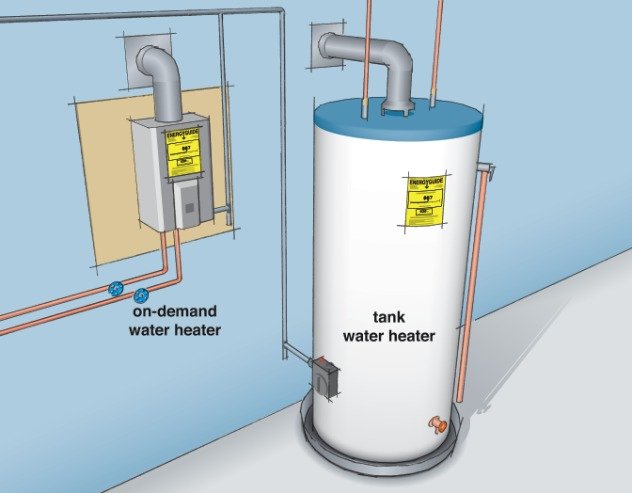
Jul . 29, 2024 03:34 Back to list
Exploring CE Certification for Energy Storage Systems and Enhancements in Battery Technology Standards
CE Certification for Battery Energy Storage Systems Ensuring Safety and Quality
As the demand for renewable energy sources grows, the deployment of battery energy storage systems (BESS) has surged globally. These systems play a crucial role in stabilizing energy supply, integrating renewable sources, and enhancing grid reliability. However, with this rapid growth comes the imperative to ensure these systems meet stringent safety and quality standards. This is where CE certification becomes pivotal for BESS.
What is CE Certification?
CE marking is a certification indicating that a product has been evaluated to meet EU safety, health, and environmental protection requirements. In the context of battery energy storage systems, CE marking ensures that the products comply with the relevant European directives, such as the Low Voltage Directive (LVD), Electromagnetic Compatibility (EMC) Directive, and potentially the Eco-design Directive. This certification is essential for manufacturers seeking to market their products in the European Union.
Importance of CE Certification for BESS
1. Safety Assurance Battery energy storage systems can pose significant risks, including fire hazards and chemical leaks. CE certification mandates rigorous testing and assessment of the products to ensure they are safe for use. This includes evaluating the battery management systems, thermal management, and other safety features critical for operation.
2. Quality Standards Beyond safety, CE certification addresses the quality of the materials and components used in BESS. This encompasses everything from the batteries themselves to the enclosures and electronic controls. Adhering to these standards ensures that the systems perform reliably over their intended lifecycle, which is crucial for users who depend on them for energy stability.
3. Market Access For manufacturers, obtaining CE certification is not just a regulatory requirement; it is also a competitive advantage. Without CE marking, products cannot be legally sold in EU markets. Therefore, obtaining this certification opens doors to new markets and expands business opportunities for manufacturers willing to invest in compliance.
ce certification battery energy storage systems

4. Consumer Confidence For end-users and installations, CE certification serves as a mark of trust. Consumers are more likely to invest in energy storage solutions that are certified, knowing that these products have undergone an objective evaluation and adhere to stringent safety and performance standards. This confidence can be pivotal in driving adoption rates for energy storage technologies.
The Certification Process
The CE certification process for BESS involves several critical steps
1. Identifying Applicable Directives Manufacturers must determine which EU directives apply to their products based on their design and intended use. 2. Risk Assessment A thorough risk assessment is conducted to identify potential hazards associated with the product. 3. Testing and Evaluation The product undergoes testing in accredited laboratories to ensure compliance with the relevant standards. This may include electrical safety tests, performance tests, and environmental impact assessments.
4. Technical Documentation Manufacturers must compile technical documentation that outlines the design, manufacturing process, and conformity to standards. This documentation is essential for demonstrating compliance and may be requested during inspections.
5. Declaration of Conformity Once all requirements are met, manufacturers must issue a Declaration of Conformity, affirming that the product complies with all applicable directives.
Conclusion
As battery energy storage systems continue to play a vital role in the transition to renewable energy, ensuring their safety and reliability through CE certification is more critical than ever. Not only does it protect consumers and the environment, but it also promotes quality and innovation within the industry. Ultimately, CE certification stands as a vital pillar supporting the growth and sustainability of energy storage solutions in Europe and beyond.
-
Smart Energy Management System: Control & Monitor Usage
NewsAug.18,2025
-
EMS for Advanced Energy Management & Storage
NewsAug.17,2025
-
Boost Efficiency with Smart EMS Energy Management Systems
NewsAug.16,2025
-
Energy Management System (EMS): Optimize & Save Energy Costs
NewsAug.15,2025
-
Intelligent Energy Management: Save & Control Your Power
NewsAug.14,2025
-
Optimize Energy with Advanced Management Systems
NewsAug.13,2025


